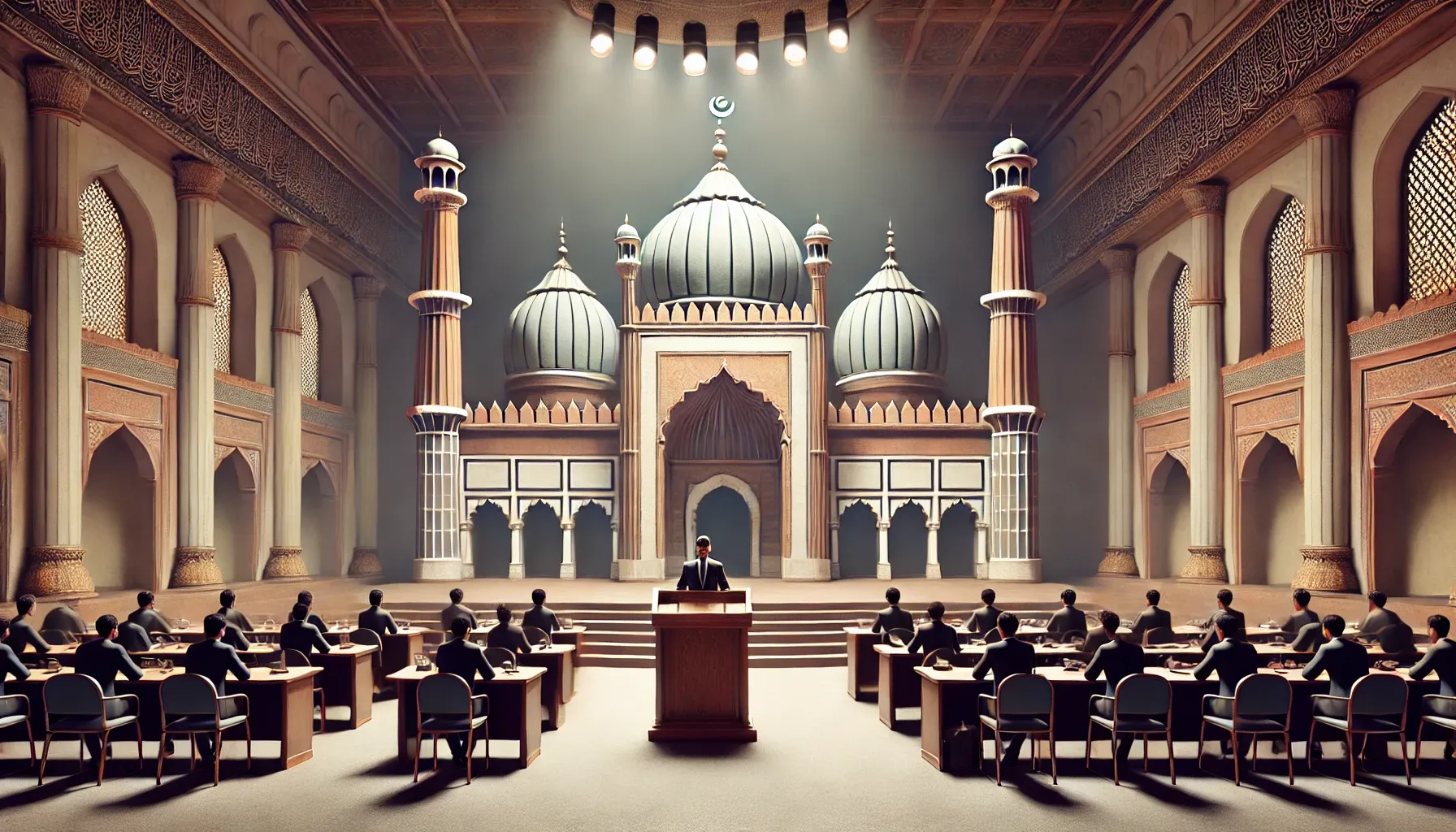Justice Nariman critiques the Babri Masjid verdict, calling it a travesty of justice for not upholding secularism. He emphasizes the need for tolerance and stronger laws to preserve India’s secularism.

In a poignant address during the First Justice AM Ahmadi Memorial Lecture on December 6, 2024, Justice Rohinton Fali Nariman, former Supreme Court judge, expressed deep dissatisfaction with the Supreme Court’s handling of the Babri Masjid dispute. Speaking on the topic, “Secularism and the Indian Constitution”, Justice Nariman criticized the Court for failing to uphold secularism in its 2019 verdict, which granted the disputed land in Ayodhya for the construction of a Ram Mandir. He expressed that secularism was not given its due in the judgments that followed the Babri Masjid demolition and noted the inadequacies in the reasoning of the Supreme Court in the final resolution of the dispute.
Justice Nariman’s Critique of the 2019 Verdict
- Failure to Uphold Secularism:
- Justice Nariman emphasized that the 2019 Supreme Court verdict did not give adequate weight to secularism. He stated, “In my opinion, a great travesty of justice was that secularism was not given its due by these judgments.”
- The verdict allowed the construction of a Hindu temple on the site where the Babri Masjid was demolished in 1992, despite acknowledging the illegal destruction of the mosque.
- Historical Context and Judicial Reasoning:
- Justice Nariman recounted the events that followed the demolition of the Babri Masjid in 1992 and the steps taken by the Indian government. He criticized the government’s inaction, especially the Liberhan Commission, which took 17 years to deliver its report.
- He questioned the Presidential Reference to the Supreme Court, which aimed to determine whether a Hindu temple existed beneath the Babri Masjid.
The Court’s Divided Opinions on Secularism
- 1994 Judgment in Dr. M. Ismail Faruqui v. Union of India:
- In 1994, the Supreme Court dealt with the constitutional validity of the Ayodhya Acquisition of Areas Act. The Court ruled that the government’s acquisition of land in Ayodhya was legal, maintaining the status quo in the area.
- However, Justice Ahmadi, in his minority opinion, expressed that the law violated secular principles, as it allowed religious practices in the disputed area.
- The Ram Janmabhoomi Case (2019):
- Justice Nariman dissected the 2019 verdict, in which the Supreme Court ruled in favor of granting the entire 2.77-acre disputed land to Hindus for building the Ram Mandir.
- Despite acknowledging that the demolition of the Babri Masjid was an egregious violation of law, the Court allowed the construction of the temple on the site, with a provision for 5 acres of alternate land to be given to the Sunni Waqf Board for building a mosque.
- Legal Inconsistencies and Discontent:
- Justice Nariman expressed discontent over the Court’s reasoning, particularly its decision to grant the disputed land for the temple, despite recognizing that the mosque was an important Muslim place of worship until 1949.
- He explained that the Muslim prayers continued on the site from 1857 to 1949, until idols were placed in the mosque, disrupting Muslim worship.
A Critique of Court’s Findings and Secularism
- Disputed Possession and Reparations:
- Justice Nariman criticized the Court’s conclusion that the land now belongs to Hindus, despite historical findings of Muslim prayers conducted for nearly a century. He noted that the Hindu side had violated lawful procedures in the past, yet the reparation provided was the provision of land for a mosque elsewhere.
- He stated, “One other very important finding. Every single time, it is the Hindu side which has done something contrary to the rule of law. For that, reparations have to be made.”
The Silver Lining: Places of Worship Act 1991
- Upholding the Places of Worship Act:
- Despite his reservations about the 2019 verdict, Justice Nariman acknowledged that the Court upheld the Places of Worship (Special Provisions) Act, 1991, which prohibits the alteration of the religious character of places of worship as they stood in 1947.
- Justice Nariman expressed concern over the recent trend of claims regarding Hindu temples beneath Muslim structures, emphasizing the importance of applying the Places of Worship Act to prevent communal disharmony.
Secularism in India: A Call for Tolerance
- Challenges to Secularism:
- Justice Nariman highlighted the growing challenges to secularism in India, citing an increase in legal cases involving the claiming of Hindu temples beneath mosques and dargahs. He warned that these actions could lead to communal tensions and advocated for a strong legal framework to preserve India’s secular nature.
- Final Thoughts on Secularism:
- In his concluding remarks, Justice Nariman referred to the words of Justice Chinnapa Reddy in the Biju Emmanuel case, emphasizing tolerance as a foundational principle of India’s Constitution.
- He ended with a call to uphold secularism, stating, “Our philosophy preaches tolerance, our Constitution practices tolerance, let us not dilute it.”
Source: First Justice AM Ahmadi Memorial Lecture





